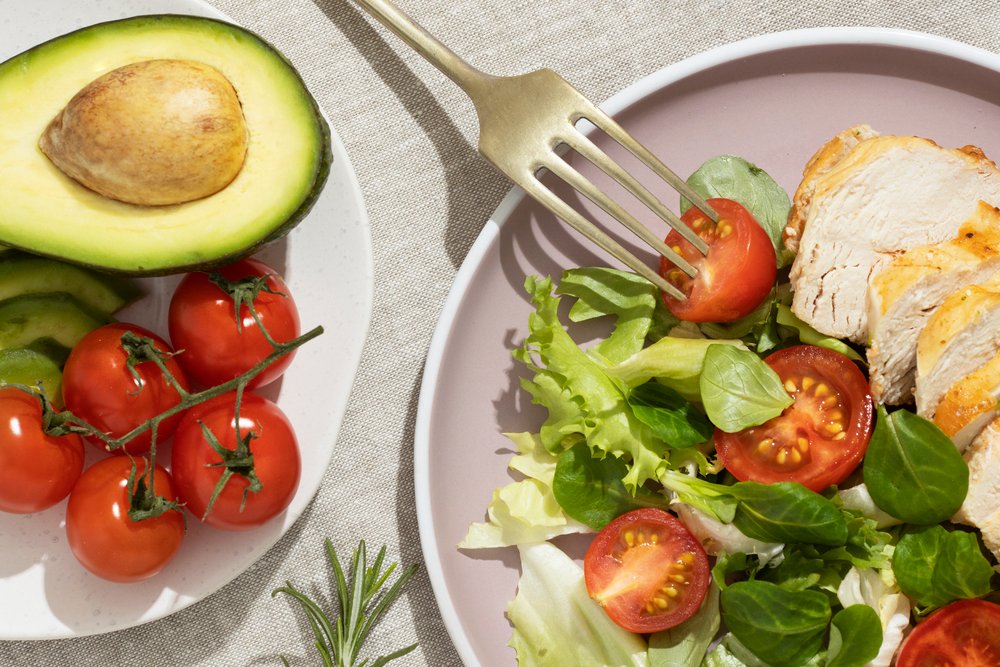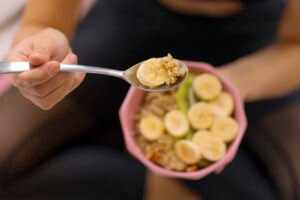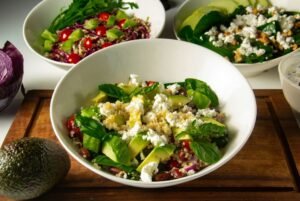Clean eating has become a buzzword in health and fitness. You’ve probably seen a lot of nutritionists, coaches, and even influencers (without qualifications, demonizing entire food groups) talking about clean eating on social media.
But the question that remains is: Does eating clean go hand in hand with performance? Can eating clean hurt your performance? In this post, I’ll break down everything you need to know about it and its impact on performance. Let’s dive in!
What Is Clean Eating?
Clean eating focuses on consuming whole, minimally processed foods. This means prioritizing fruits, vegetables, lean proteins, whole grains, and healthy fats while limiting processed foods, added sugars, and artificial additives.
In the context of performance, clean eating ensures your body gets the nutrients it needs to fuel workouts, support recovery, and sustain energy levels.
First, athletes expend more energy than the general population, so they are at greater risk of under-fueling.
Therefore when an athlete begins to focus on ‘clean eating solely’ or only eating food they deem to be ‘healthy’, some major health concerns can arise.
I’m not saying that whole foods are bad! They are super important for a healthy diet and should not be removed. You who follow my newsletter know that I always emphasize the importance of whole foods.
However, an athlete’s body requires a certain amount of energy to keep up with energy output e.g. exercise and daily movement.
When these energy requirements aren’t met for prolonged periods of time it can lead to low energy availability and relative energy deficiency in sport (REDS).
This can cause serious health and performance implications such as:
- Increased fatigue
- Impaired performance
- Reduced training recovery
- Muscle loss
- Recurrent injuries
- Suppressed immune function
- Nutrient deficiencies
- Hormonal imbalances
- Reduced libido
- Decreased bone density
- Gastrointestinal issues
- Mood changes
- Social isolation
Believe me, I’ve seen athletes suffering with REDS and it’s not nice. And some of them took a while to recover.
After reading all, you’re probably thinking: OK, I realize that most of the time I won’t be able to eat clean because I need energy to train. And yes, you’re right!
If you expend a lot of energy during your workouts, it’s going to be very difficult for you to replace all that energy with whole foods, because you’ll need to eat large amounts to replenish that energy. We must also think about the gastric capacity (how much food your stomach accepts) of each individual.
This is why the inclusion of some ultra-processed foods can help close this gap in energy intake, which can be very difficult to reach from whole foods alone for many athletes!
It’s OK to include ultra-processed foods in the diet to help with the athlete’s energy requirements.
When you see a health professional talking badly about ultra-processed foods and saying that athletes should stay away from these foods, know that they may be contributing to someone under-fueling.
Which can lead to severe health (and performance) consequences.
If you’ve been under-fueling or are experiencing any of these symptoms and need support, get in touch with me here.








